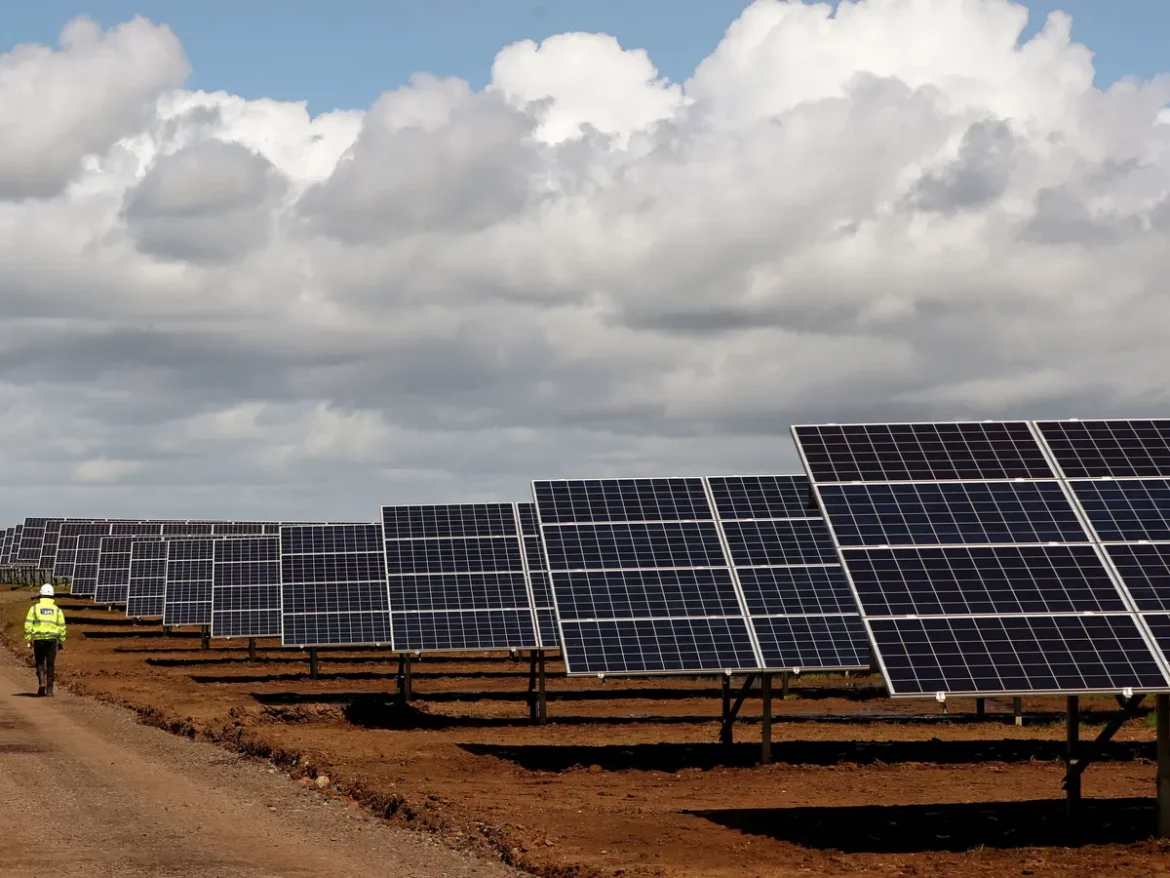The chief executive of the UK’s Climate Change Committee (CCC) has said that the prolonged lack of devolved government in Northern Ireland is hampering the country’s ability to hit the ambitious emissions reduction targets enshrined by law in its climate action.
Recall that during the final votes on the climate bill last year, Northern Ireland’s then-agriculture minister attempted to exempt farmers from some of its requirements.
According to reports, there has been no power-sharing government in place to advance work on meeting these commitments since Northern Ireland’s Climate Change Act, which includes a 2050 net zero target, was passed last spring.
Chris Stark, the chief executive of the UK government’s official climate advisory body, said that there was little hope of Northern Ireland getting on track to meet its legal obligations under the act if power-sharing was not restored imminently.
Read also: AfDB 2023 Annual Meetings to galvanize resource mobilization for climate change
He added that despite Scotland’s objectively higher bar of a 2045 net zero target, Northern Ireland now has the “most ambitious targets” in the UK relative to its capacity to meet them and has made the least progress of all the four administrations to move towards achieving them.
“It’s hard, sadly, to point to many areas of progress [to date]. It is literally every corner of the economy that needs to respond to this [2050 net zero] target,” he was quoted as saying. “And we will need literally every single bit of the government and of the executive in Northern Ireland to respond”.
His comments came just as the US president, Joe Biden, concluded his visit to Northern Ireland and the Irish Republic this week to mark the 25th anniversary of the Good Friday agreement. Biden’s trip was overshadowed by the continuing shutdown of the power-sharing institutions established through the 1998 peace accord, owing to a row over post-Brexit customs arrangements in the Irish Sea.
Recently, the CCC published a report which detailed its proposals to the government on how Northern Ireland could meet its incoming carbon budgets – the first deadline for which is 2027. Among other things, the advisory report contains a suggested pathway to 2050 net zero that includes measures such as cutting livestock numbers by a third, alongside rapid afforestation, carbon capture and a range of renewable energy initiatives.
Northern Ireland’s farming sector, which accounts for 28% of its overall greenhouse gas emissions, is facing “very dramatic” changes, so there needs to be as much government engagement and supportive policy in place as possible, Stark said.
Story was adapted from the Guardian.
